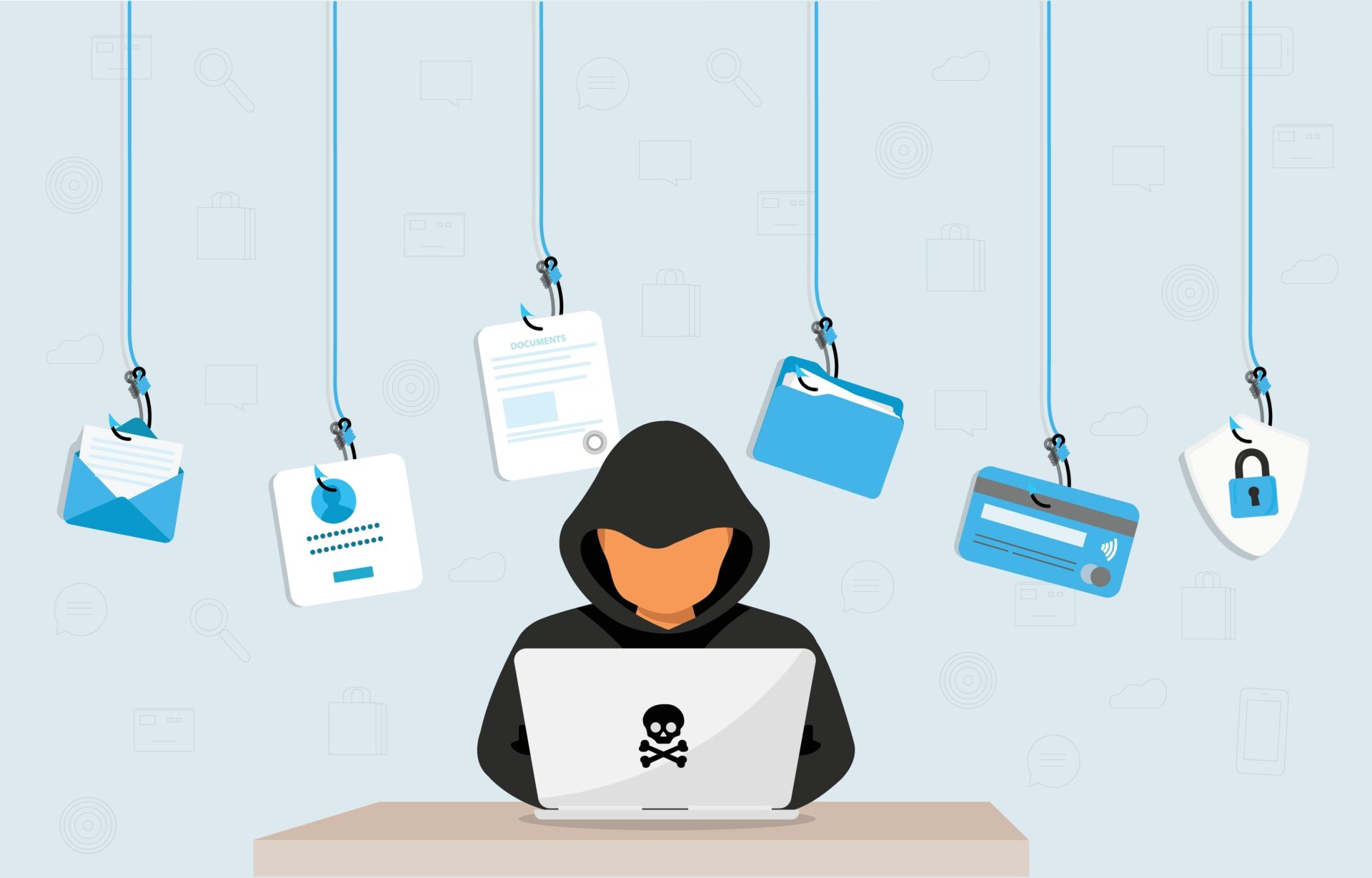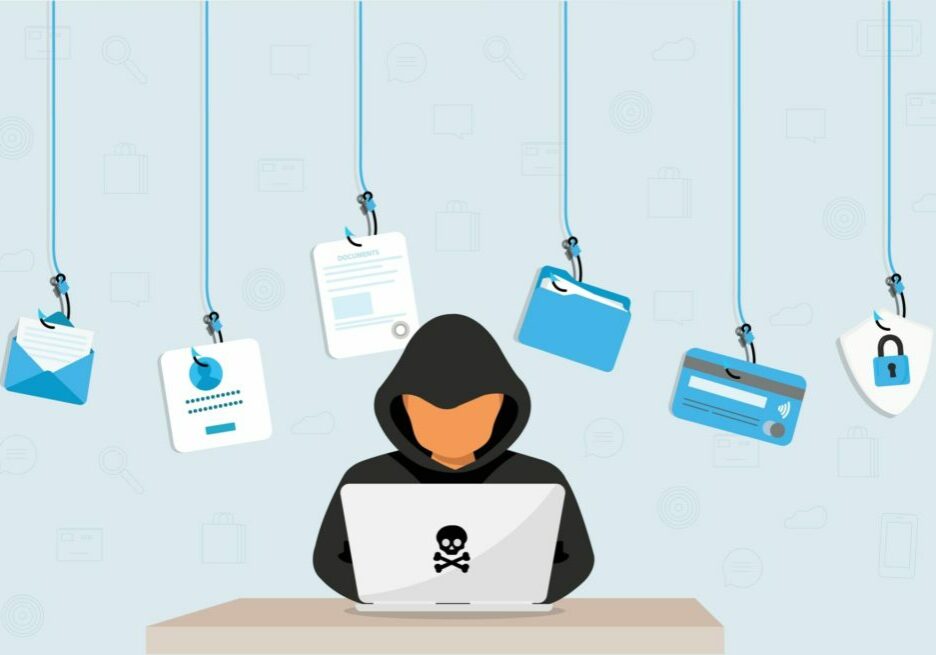Cybersecurity Tips For a Safer Digital World
 Did you know the average household with internet access owns about 17 connected devices? That figure covers a wide range of electronics, including smart phones, computers, streaming devices, smart thermostats, home assistants and more. Given our increasing reliance on internet-connected technologies, the likelihood of new cyber threats is ever-present.
Did you know the average household with internet access owns about 17 connected devices? That figure covers a wide range of electronics, including smart phones, computers, streaming devices, smart thermostats, home assistants and more. Given our increasing reliance on internet-connected technologies, the likelihood of new cyber threats is ever-present.
Benton REA is deeply committed to ensuring our local system is safe and secure. We routinely monitor and manage cyber risks, and we work together with other co-ops to share the latest advancements in cybersecurity measures that make us stronger.
But you can help, too.
When we all work together to stay safe online, we lower the risk of cyber threats to our systems, online accounts and sensitive data. October is National Cybersecurity Month, and while good cyber practices should be exercised year-round, we’d like to share a few cybersecurity tips to help you bolster your online safety.
• Create strong, unique passwords. When it comes to passwords, remember that length trumps complexity. Strong passwords contain at least 12 characters and include a mix of letters, numbers and symbols. To help make this easier to manage, think of a passphrase rather than a password.
ILove!ceCr3am would be a good passphrase/password. “I love 3 scoops of Blueberry ice cream!” can be even better as it is longer and less likely to be guessed.
• Use a password manager. Password managers such as Roboform, Keeper Security or iCloud Keychain can all help you track passwords. The best ones will let
you know if your passwords are strong and create passwords for you. Some allow you to print out a list to store in a safe for backup. Use your strongest password for your password manager.
• Enable multi-factor authentication when available. Multi-factor authentication (also known as 2-factor authentication) adds an extra layer of security to your online accounts. These extra security steps can include facial recognition, fingerprint access, or one-time codes through an authenticator app or sent to your email or phone. Text options are not that secure and email options are only as secure as your email account, so biometrics or an authenticator app such as Google Authenticator are considered better choices.
• Update software regularly. Software and internet-connected devices, including personal computers, smartphones and tablets, should always be current on updates to reduce the risk of infection from ransomware and malware. When possible, configure devices to automatically update or notify you when an update is available.
Let’s all do our part to stay cyber smart and create a safer digital world for all. Visit staysafeonline.org to learn about additional cybersecurity tips.
Recent Posts

Five Ways to Safeguard Your Home This Winter

Winter Weather May Impact Electric Bills

Cybersecurity Tips For a Safer Digital World

Electric Co-ops Grow for the Communities They Serve

Go Above and Beyond for a Safe Harvest

The Vital Role of the Lower Snake River Dams

5 Tips to Beat the Summer Heat

What You Need to Know About Furnace Filters

May is Electrical Safety Month




